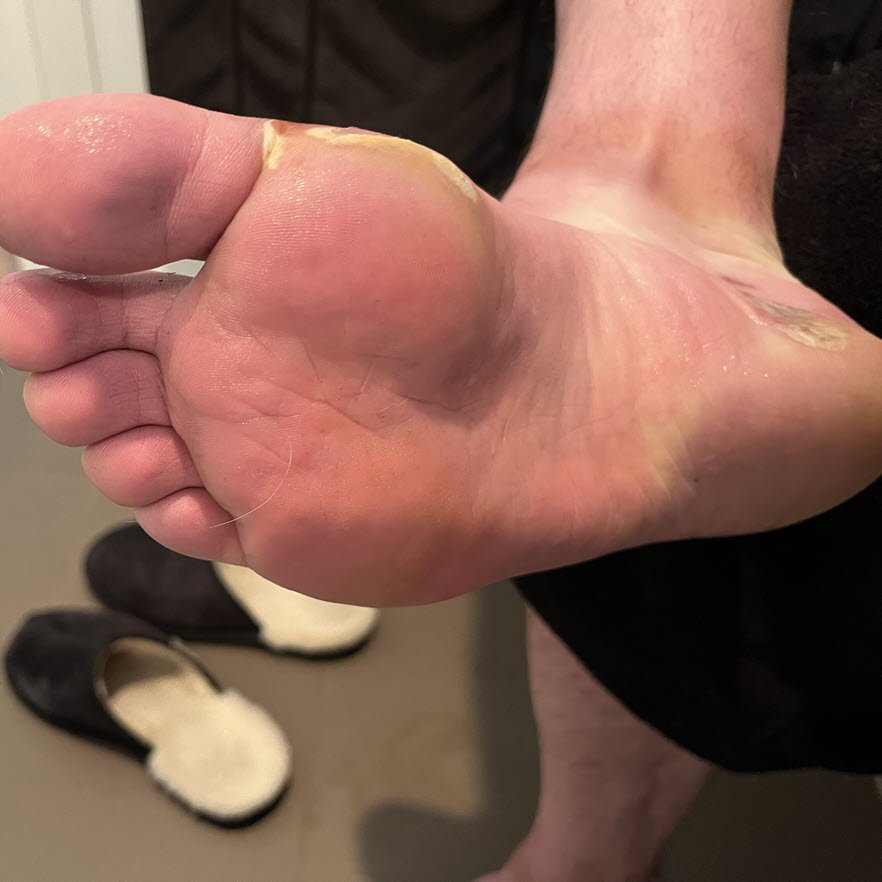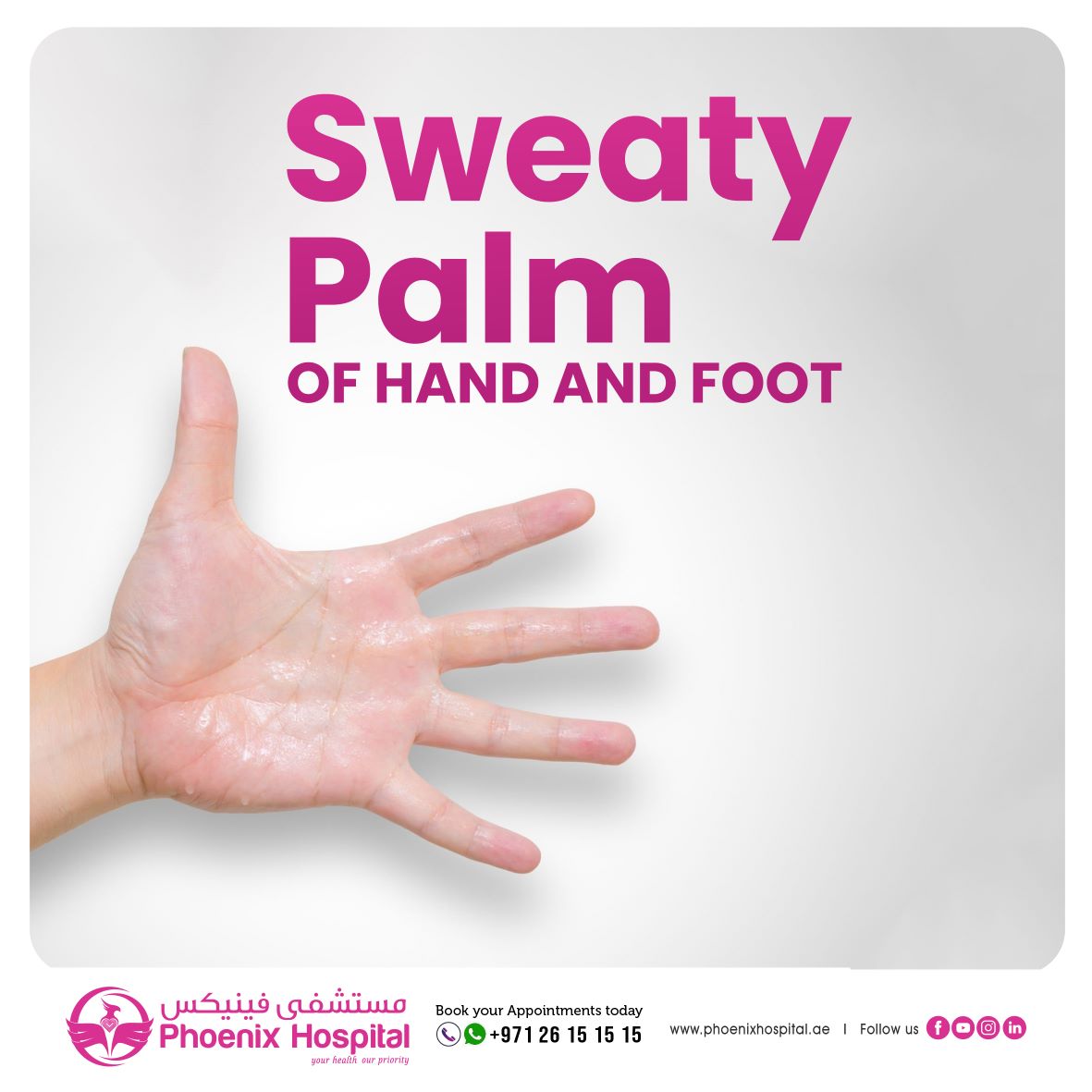How to Stop Sweaty Hands: Expert Dermatology Suggestions for Handling Excessive Sweating
How to Stop Sweaty Hands: Expert Dermatology Suggestions for Handling Excessive Sweating
Blog Article
Understanding the Source of Excessive Sweating and Its Influence on Life
While it is commonly understood as a physical response to regulate body temperature, the triggers for extreme sweating can vary widely among individuals, encompassing not only physical variables however also psychological and psychological components. By diving into the origin triggers of hyperhidrosis and exploring its multifaceted results, a much deeper understanding of this prevalent issue can be acquired, shedding light on the complexities that people grappling with extreme sweating browse on a daily basis.
Physiology of Sweat Glands
The policy of sweat manufacturing, a vital physiological process, is largely controlled by the activity of sweat glands distributed across the human body. Sweat glands are classified right into two main kinds: eccrine and apocrine glands.
When the body temperature increases, either due to exercise, high temperatures, or psychological anxiety, the nerve system sets off the sweat glands to create sweat. This sweat is made up mainly of water and electrolytes like salt and chloride. The procedure of sweat production is important for keeping the body's internal temperature within a narrow, optimum array, highlighting the important duty gland play in human physiology.
Triggers for Excessive Sweating
In understanding the origin of excessive sweating, it is crucial to determine the triggers that can result in this physiological feedback. Too much sweating, likewise known as hyperhidrosis, can be triggered by numerous factors, both physiological and ecological. One common trigger is emotional stress and anxiety or anxiety, which can promote the body's gland to generate more sweat than is essential for cooling. Physical effort, high temperatures, and spicy foods are additionally recognized to activate excessive sweating in people vulnerable to this condition. Specific clinical problems like diabetes, hyperthyroidism, or menopause can contribute to excessive sweating as well.
Additionally, drugs such as some antidepressants, opioids, and particular supplements can likewise function as triggers for hyperhidrosis. Understanding these triggers is necessary in handling too much sweating properly - Exessive Sweating. By identifying and attending to the certain triggers that motivate extreme sweating in a specific, healthcare companies can develop individualized therapy plans to alleviate this problem and boost the person's top quality of life
Medical Conditions Associated
Connected with extreme sweating are various medical conditions that can worsen this physiological feedback. One typical condition is hyperhidrosis, a condition identified by unusually raised sweating that goes beyond the body's thermoregulatory demands. This can materialize in focal areas like the palms, soles, underarms, or face, affecting a person's lifestyle due to social humiliation and discomfort.
Moreover, endocrine problems such as hyperthyroidism, diabetes, and menopausal warm flashes can additionally lead to excessive sweating. Hyperthyroidism causes an overflow of thyroid hormones, increasing metabolic rate and causing sweating. Diabetic issues can cause sweating episodes, specifically throughout hypoglycemic episodes when blood glucose degrees go down as well reduced. Menopausal hot flashes, credited to hormone changes during menopause, can create sudden and extreme sweating, frequently gone along with by flushing and heart palpitations.
Furthermore, infections like tuberculosis, endocarditis, and hiv have actually been related to evening sweats, a common signs and symptom understood to interrupt rest and influence overall wellness. These visit this site clinical conditions highlight the varied variety of underlying aspects that can add to too much sweating, necessitating complete assessment and administration by healthcare professionals.
Mental and emotional Variables

Influence On Social Communications
Extreme sweating can have profound impacts on a person's capability to involve easily in social communications. The visible indicators of sweat discolorations or wet spots on garments can lead to humiliation and self-consciousness, triggering people to take out from social situations. This withdrawal can influence partnerships, restriction social activities, and impede specialist and individual growth.

Moreover, the anxiousness and self-esteem concerns coming from too much sweating can impact communication and interpersonal abilities. People may have a hard time to concentrate on discussions, take internet part in team tasks, or express themselves with confidence. This can result in sensations of seclusion and solitude, as social connections become testing to preserve.
Conclusion

While it is commonly comprehended as a physiological feedback to regulate body temperature level, the triggers for excessive sweating can vary commonly among individuals, encompassing not only physical aspects yet psychological and likewise emotional aspects. By delving into the origin causes of hyperhidrosis and exploring its complex effects, a much deeper understanding of this prevalent problem can be acquired, shedding light on the complexities that people grappling with excessive sweating navigate on a day-to-day basis.
Physical exertion, high temperatures, and spicy foods are additionally known to activate too much sweating in people prone to this condition. By recognizing and dealing with the details triggers that motivate extreme sweating in a private, health care companies can establish customized therapy strategies to alleviate this condition and boost the person's high quality of life.
Too much sweating can have extensive effects on an individual's capability to involve conveniently in social communications.
Report this page